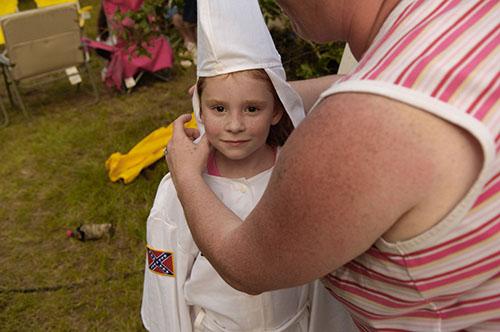 By Alan Bean
By Alan Bean
Recently, I have been looking into the possibility of doing some consulting work as a diversity trainer. After spending fifteen years driving the back roads of Texas, Louisiana and Mississippi confronting racial bias in the criminal justice system, I am extremely sensitive to the often subtle nuances of racial bias and racial resentment.
Many of the narrative campaigns Friends of Justice have sponsored have provoked entirely different reactions from people of color and people of non-color. There are always a few exceptions, of course, but most white people get extremely defensive when phrases like “racial injustice”, “racial oppression” or “racial bias” are slipped into the conversation. The same reactions rise when words like “homophobia”, and “sexism” are introduced.
My assumption was that diversity trainers would need to anticipate and defuse the strong emotions they inevitably encounter in workplace settings. To test my hunch, I ordered Howard Ross’s Reinventing Diversity. Ross feels like a minority because he is Jewish and like a member of the dominant group because he is white. He has worked as a diversity consultant for several decades and his thinking has shifted dramatically in recent years.
At a training in central Louisiana, a white man with roots in the region admitted that the stories he was hearing left him feeling torn and confused. ”Here’s my problem,” he said. ”My father and grandfather were the most important people in my life. They’re both gone now, but they taught me everything I know. They taught me fishing from the time I was this high.” He motioned with his hand. ”They were leaders in our community, helped people. My grandfather was the pastor of my church. They taught me to be a good father . . .”
And then he dropped the bomb. ”But they were both members of the Klan. It wasn’t talked about that much, but it wasn’t hidden that much either. I don’t know what they did, and I don’t want to know, but as I sit here I feel the conflict inside of me. I know that what you have all been saying makes sense. Nobody should have to feel the way you’re saying you feel. But I feel like when I say that, I reject the two people who were the most important people in my life, and I know, as well as I know anything, that they were good people.”
The room went silent. Nobody had much to say in response. But Ross noticed that, during the lunch break, one of the more outspoken African American participants sat down with the white man with the Klan connection and the two men were having a lively conversation. Here’s the takeaway from Ross’s perspective:
“In all the years I had dealt with the issue of race, worked on social change, and conducted trainings, my perspective had been clear: there are good people in the world who are open, accepting, non-biased, and inclusive. Then there are bad people, who are biased, racist, sexist, anti-Semitic, homophobic, and so on. The lines, in my mind, were pretty clearly, and from my understanding today, naively drawn . . . The ‘bias equals badness’ paradigm has been the foundation of most of the diversity conversation in our culture, and it is one of the reasons that most of our attempts to address diversity issues in schools, organizations, hospitals, and society have been frustrated or failed. Of course, there are good people and there are bad ones. But I have come to believe that the fundamental notion of determining who they are based on their views of diversity and inclusion is a flawed paradigm.”
Reading this, I couldn’t help thinking about the Tulia drug bust. The people who sent indigent defendants to prison for decades on the uncorroborated word of a tragically flawed witness were generally good people. They were biased, not doubt about that, but they weren’t bad. Or, to put it a bit differently, their badness was of the normal, generic variety. Many people who viewed Tulia from outside the South concluded that because the good people of Tulia were biased they were bad. Truth be told, good people often adopt very bad ideas and attitudes; generally because the surrounding culture gives them little choice in the matter.
If racism is a disease (and it is) it is a social disease, a childhood disease. We drink in our prejudices with our mother’s milk. This doesn’t mean we are incapable of confronting and disavowing our biases, but this is unlikely to happen if we feel harassed and manipulated into accepting politically correct positions. We need to embrace the glorious diversity of this great nation because it feels like the right thing to do. Shame and guilt won’t get us where we need to go.
